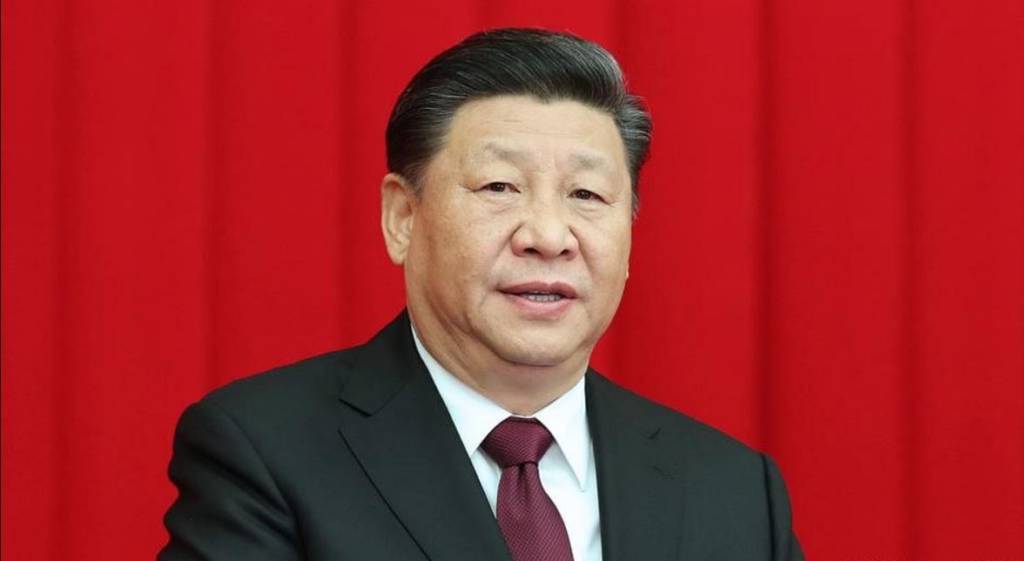In the last four decades, China developed its unique model of Capitalism, popularly known as “Socialism with Chinese characteristics”. In this model, China supported state-led Capitalism under which it aggressively promoted foreign investment, manufacturing, and exports in the country and benefited from globalization and free trade, but kept its economy closed.
The country imposed various regulations on foreign companies, especially those operating in the service sector, to ensure that the domestic market of more than a billion people gets exploited only by domestic companies.
This model benefited the country immensely as China became a global leader in exports and a manufacturing hub for western companies, while at the same time, the domestic companies faced no competition from foreign players given severe restrictions and regulations. Companies like Huawei, Tencent, Alibaba became giants and started exploring the foreign markets after they exploited the Chinese consumers and got the confidence to operate out of the country. The Chinese government also supported foreign expeditions of these companies through cheap loans and diplomacy. The country has the ambition of global domination through companies like Huawei and Tencent.
However, these ambitions hit a stumbling block with the coming of Trump who started the movement to reverse the globalization and free trade. And, after that, came the Coronavirus which forced the countries to look inward. Now the countries around the world have started punishing China by throwing Chinese companies out of their markets and have put severe restrictions on Chinese investment and imports.
But, given the fact China had not allowed foreign companies in its market, it cannot reciprocate the same. Had Indian companies had the same kind of interests in the Chinese market that Chinese companies have in India, the Modi government must have hesitated in banning Chinese companies from Indian markets given the fear of reciprocal decisions from the Chinese government. But, as Indian companies have minuscule interest in China, the Modi government can punish Chinese companies in India without a second thought.
The same is true for the other markets like the United States, with which China has a trade surplus of more than 400 billion dollars. So, when Trump threatens to punish Chinese companies, he does not fear that American companies in China would meet the same fate because a very small number of Chinese companies have large business interests in China.
A few days ago, the head of European Chamber of Commerce in China highlighted that Chinese companies have bought a port in Greece through which it manages its exports to the EU but the European companies cannot purchase a port in China to manage exports to South Korea. The same goes for law firms, he added.
So, China kept its economy closed and not allowed foreign firms to have significant interests in the country. And therefore, it is now at the mercy of free economies like the United States, European Union, and India.
China’s unfriendly business conditions are the main reason behind its unimpressive 96th rank in the World Bank’s ‘Doing Business’ list in 2014. But it seems that China was soon able to overwhelm the intergovernmental financial institution with its increasing shareholding and influence in the administration.
However, as the voting power in China grew, the organization improved its ranking dramatically in the last few years only to ‘realize’ in 2020 that the Communist government supplies false data.
China has risen dramatically in the World Bank’s ‘Ease of Doing Business’ rankings. Between 2016 and 2020, China’s “Ease of Doing Business” rankings improved from 84 to 31. More shockingly, China’s rankings improved from 78 to 31 between 2018 and 2020, which is the same period that has now come under the scanner.
The World Bank was singing paeans for “China’s Strong Reform Agenda“, while the Xi Jinping administration was fast making China an unpopular business destination. It is well known that it isn’t easy to do business in China- especially for foreign firms. State dominance in certain sectors, political interference, an extensive negative list of sectors in which foreign firms are restricted and other restrictions make mainland China a not-so-popular business destination. But why did the World Bank not take these factors into account while ranking China?
In a shock to the global community, the World Bank has confessed that its “Ease of Doing Business” list is unreliable. Four countries- Azerbaijan, China, Saudi Arabia and the United Arab Emirates (UAE) reportedly committed data irregularities in its 2018 and 2020 lists. This latest revelation only adds up to World Bank’s chequered history of a strong bias towards China, including its generous lending for a country that itself happens to be a giant, global creditor.
It is evident that China never opened up its economy but only blackmailed and bribed the global institutions like the World Bank, World Health Organization to improve its ranking in socio-economic indicators. But, in a world ruled by leaders like Trump, Modi, and Abe instead of politicians and bureaucrats like Obama and Manmohan, Beijing could no longer fool the world. And, it is at the mercy of the free world to save its economy.
